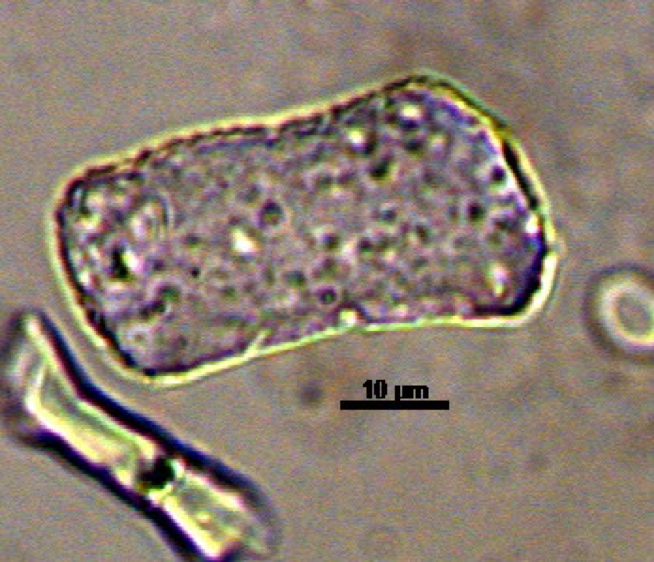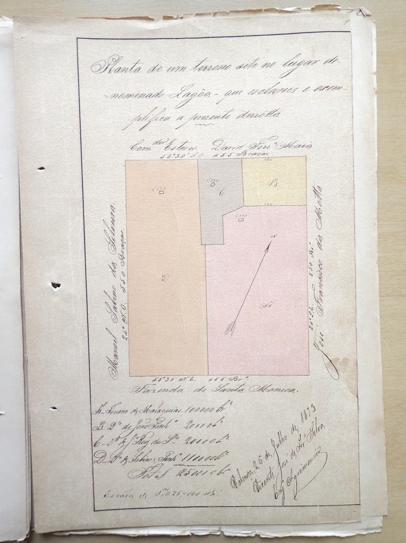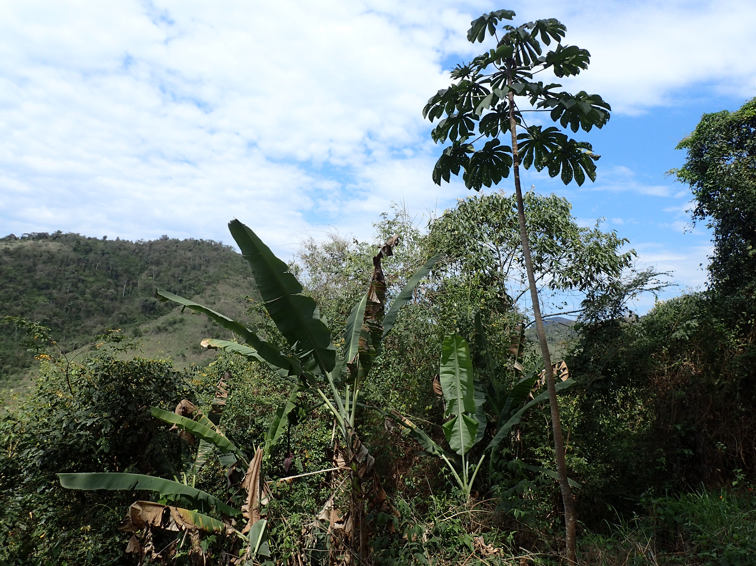Chris Lesser 2018 Field Report
2018 CLAG Field Study Award Report:
Chris Lesser, PhD Student, Geography, UC Berkeley.
Project: Forests for the English to See? The Invisible Ecologies of Brazilian Forest Legislation (1850-2017).
My doctoral dissertation research focuses on the paradox of environmental laws that have been instrumental to the geographic spread of mechanized and market-oriented agricultures in Brazil. International conservation organizations suggest that Brazil’s environmental legislation was responsible for slowing deforestation in the early 2000s, while critics argue that such policies merely appeased foreign conservation interests at the expense of local economies. My preliminary archival and field research in Brazil suggests that environmental legislation’s relationships to agriculture are neither as its critics nor as its champions have supposed. In the absence of a clear empirical correlation between forest regrowth and environmental laws, I ask how Brazil’s environmental legislation emerged and why forests are growing in some areas and not in others.

Buliform-type phytolith associated with Poaceae; Phytolith Lab UERJ; Photo Karina Chueng
My goal is to question the assumed socio-ecological effects of environmental legislation, and to establish a spatial correlation between contemporary ecologies and different historic land uses. My research combines archival data related to the history of land use and land management in Brazil with oral histories and botanical and geo-physical records related to contemporary socio-ecologies. Specifically, I hope to link records of past and present plant communities recorded in stable carbon isotopes and soil silica bodies know as phytoliths with diverse histories of land use in order to better understand the production of forests.

Records of Land Tenure; Museu da Justiça do Estado do Rio de Janeiro (TJRJ), Cx. 2813 Regs. 15027 & 016322
I traveled to Brazil on July 1, 2018 to register as a graduate student researcher at the Federal Fluminense University (UFF) and meet with the professors at the UFF orienting my research: Heloisa Coe, director of the Phytolith Lab, and María Verónica Secreto, diretor of the Escritas da História-Historiografias do Sulresearch group. I began archival research, reviewing government records related to legislation of land tenure and agricultural research centers in the late XIX and early XX centuries. My objectives during these initial months of research were: 1) to begin compiling archival data related to legislation of land and forests; 2) to make preliminary visits to selected field sites and arrangements for interviews, observations and data collection; 3) to begin studying the repository of samples at the Phytolith lab to identify common silica structures associated with particular biotic communities.
With support from the CLAG I made multiplevisits to my first field site, a fazenda experimental(experimental farm) presently run by Brazil’s state-owned agricultural research corporation (EMBRAPA). I began archival research regarding property records held at local land registries to collect data related to the farm’s history as a 19thcentury coffee plantation. On the farm, I began observations and interviews with workers and land surveys for the implementation of study plots for soil and botanical samples. Based on the information gathered, I established an initial survey plot in a small fragment of forest regrowth where I plan to begin collection of soil and botanical samples this month.
See the full report for more details.

Forest fragment with signs of recent disturbance and past agricultural use, Valença, RJ, 2018.


















